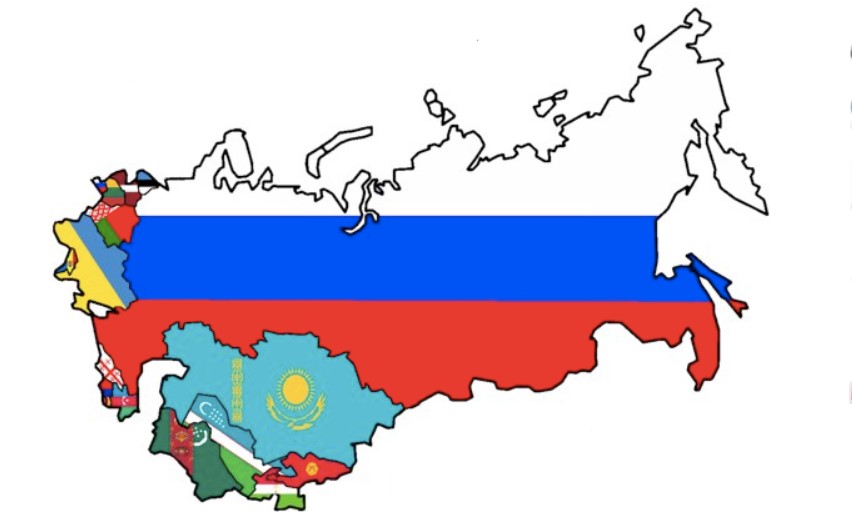
The Trauma of Territorial Break-up: The Russia-Ukraine Conflict and Its International Management–Geopolitical Strategy and Diplomatic Therapy
By Alan K. Henrikson, Founding Director of Diplomatic Studies at The Fletcher School of Law and Diplomacy
Abstract:
The current Russian-Ukrainian war is more than just a border problem or contest over territory, although both aspects are essential to it. The conflict has roots in ideology and psychology as well as in history, including the experience of the population of the Soviet Union during the Great Patriotic War and also the break-up of the USSR at the end of the Cold War. The traumatic effects of those earlier events are being compounded by the physical and psychological damage caused by the Russian invasion of Ukraine. The continuing violence there requires of the international community careful management. Two kinds of responses are in order: geopolitical strategy, in the form of “containment” (including self-containment by Ukraine), and diplomatic therapy, expressed in empathetic contact at the leadership level and in compassionate services provided to the people caught up in the conflict (including the refugees driven from it). The potential spread of the fighting in “East Europe,” as Halford Mackinder advised in 1919, could affect the equilibrium of the ”World-Island,” and ultimately the “World.” Writing in 2014 at the time of the Crimean crisis, Henry Kissinger, with a focus on what the eventual outcome of the Russia-Ukraine conflict might be, could imagine the result being, in political and territorial terms, the “balanced dissatisfaction” of both parties. That is an “end” a retrenched Russia and a resilient Ukraine, with international managerial help, might be able to achieve.
To read the full article, click here.
